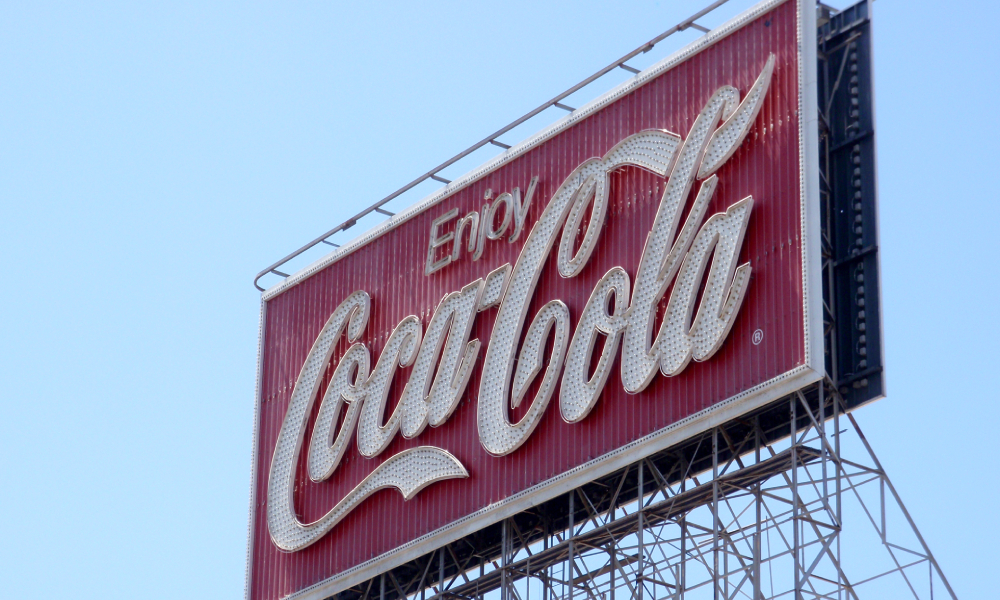
The company says that it will no longer celebrate the "good intentions" of initiatives that do not result in more diverse staffing

Coca-Cola has revised its guidelines for outside counsel in a push for greater diversity across law firms.
“As a consumer of legal services, we believe that diversity of talent on our legal matters is a critical factor to driving better business outcomes. We will no longer celebrate the good intentions of highly unproductive efforts that haven’t and aren’t likely to produce better diverse staffing,” said Bradley Gayton, Coca-Cola’s senior vice president and global GC, in a letter addressed to law firms in the US on 28 January. “Quite simply, we are no longer interested in discussing motivations, programs, or excuses for little to no progress – it’s the results that we are demanding and will measure going forward.”
The letter outlined the new diversity guidelines to be followed by the company in determining its selection of outside counsel. Among the commitments to be followed is that a minimum of 30% of billed time (associates and partners) should be from “diverse attorneys,” with at least half of these being Black. The criteria will be adjusted over time with the overall aim of granting 50% of billed time to diverse lawyers, with at least half going to Black lawyers.
“We believe our company should be representative of the markets that we serve. Within the US, 51% of our lawyers are ethnically diverse and 23% of that group is Black, 18% Asian and 10% Hispanic. Additionally, 53% of our US-based lawyers are women,” Gayton wrote. “We are pushing ourselves to think boldly about the actions we take inside our company, within our areas of expertise and across the community to drive significant collective change.”
Firms working with Coca-Cola that do not meet the guidelines over a period covering two quarterly reviews will find themselves looking at a 30% cut in the fees payable by the drinks giant until they are able to rise to the standard. The reduction will not be refundable. Moreover, firms that consistently fail to hit the diversity objective will no longer be in consideration to receive work from the company.
“If your firm cannot internally meet the above commitments, we encourage you to work collaboratively with other firms, including member firms of the National Association of Minority and Women Owned Law Firms, to assemble matter teams that meet the commitments,” Gayton said.
Coca-Cola will be applying the same criteria in determining its panel of preferred firms for outside counsel. This will take place over an 18-month period following the implementation of the guidelines.
“Meeting the commitments above will be a significant factor in determining your firm’s inclusion and ongoing status on the panel,” Gayton said.
The executive also called for diversity to be observable in law firms’ succession plans, and for managing partners to commit to and present their diversity initiatives. According to Bloomberg Law, Coca-Cola’s program is among the strictest ones centred on outside counsel diversity in the legal industry.
Gayton said that while the company was focusing on US firms at this juncture, the intent is to implement the guidelines internationally.
“The hard truth is that our profession is not treating the issue of diversity and inclusion as a business imperative. We are too quick to celebrate stagnant progress and reward intention.
We have a crisis on our hands and we need to commit ourselves to specific actions that will accelerate the diversity of the legal profession,” he said. “Our profession needs to be representative of the population it serves. All of us in leadership positions need to be the drivers of that change – and we will be better for it.”